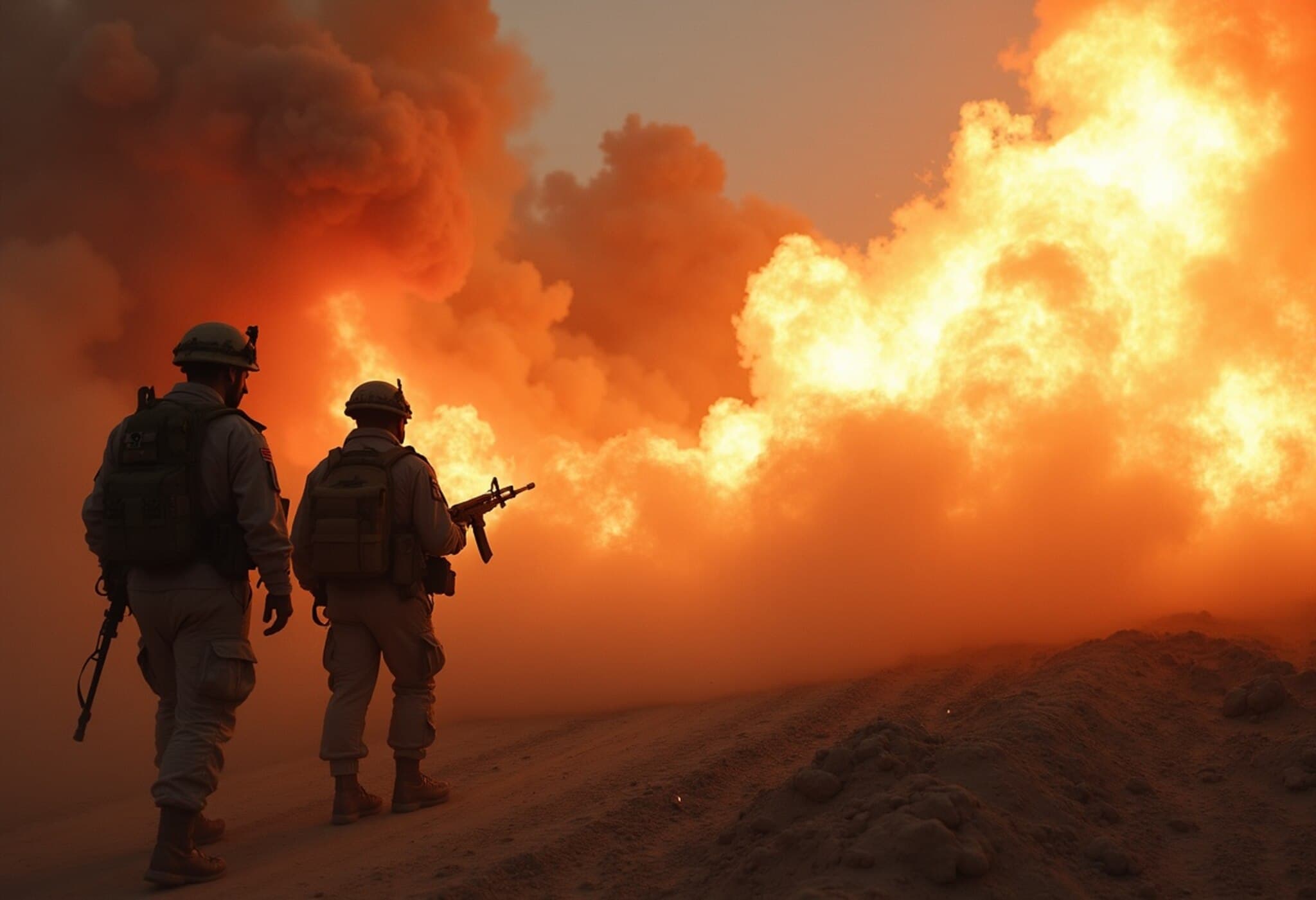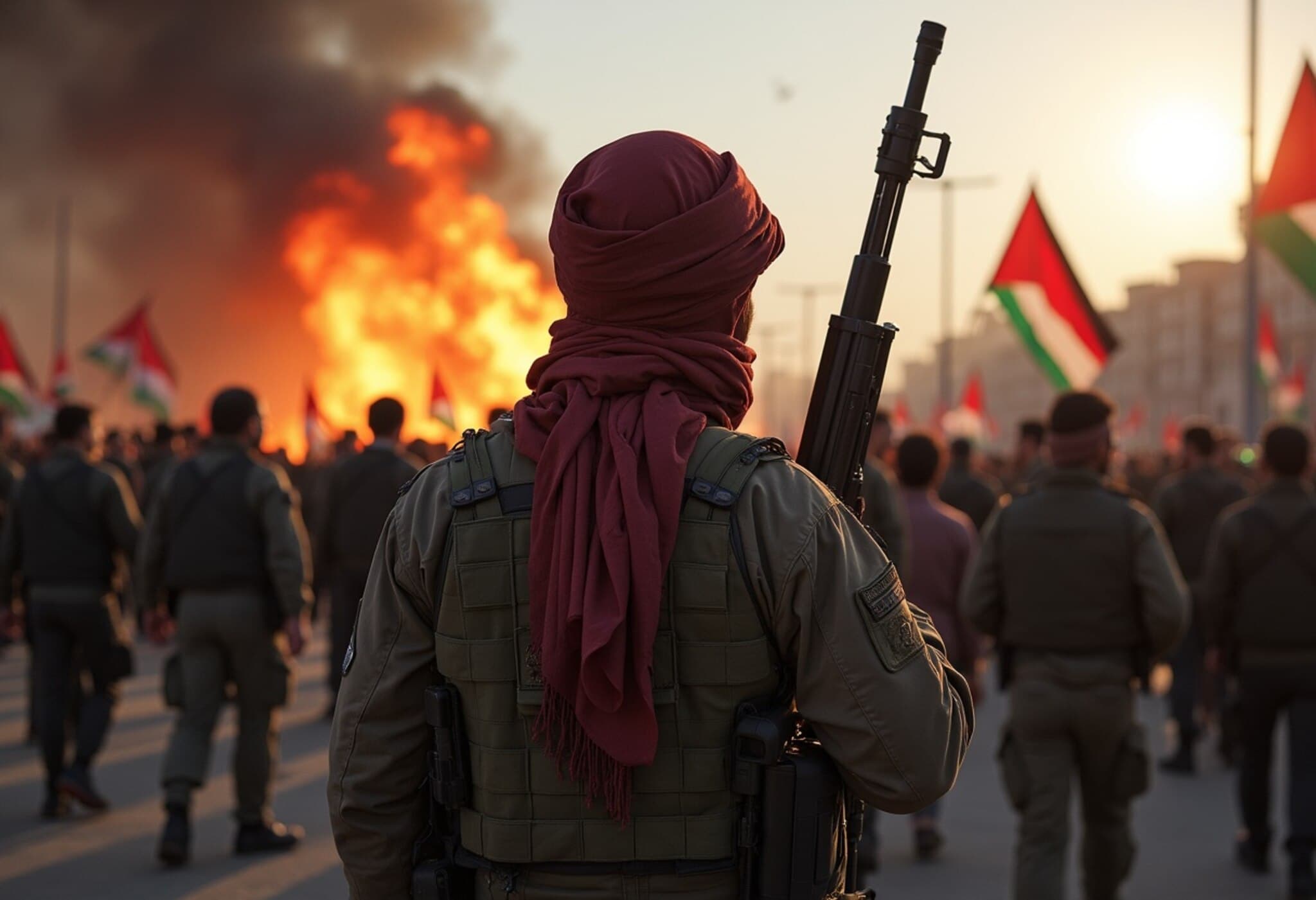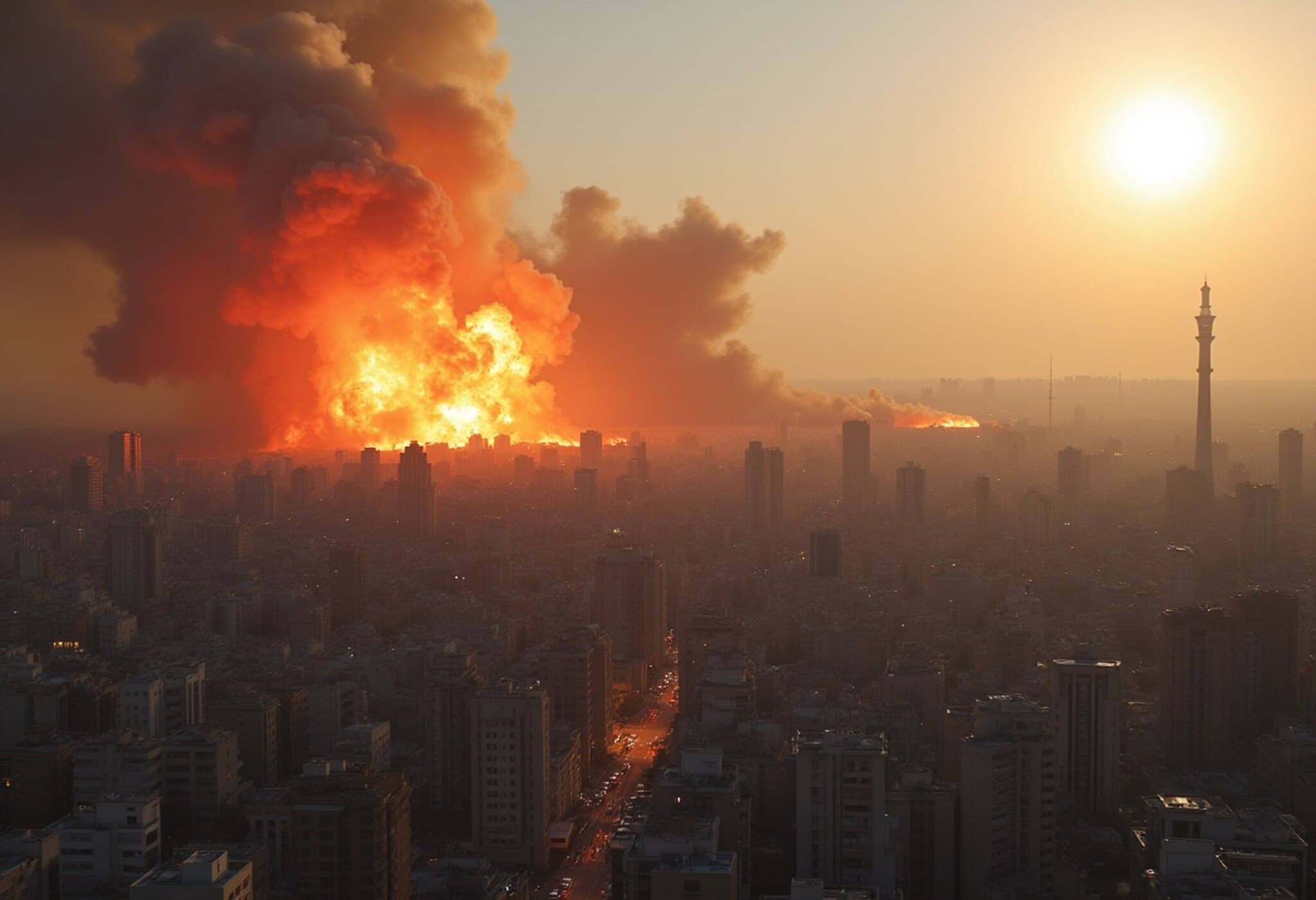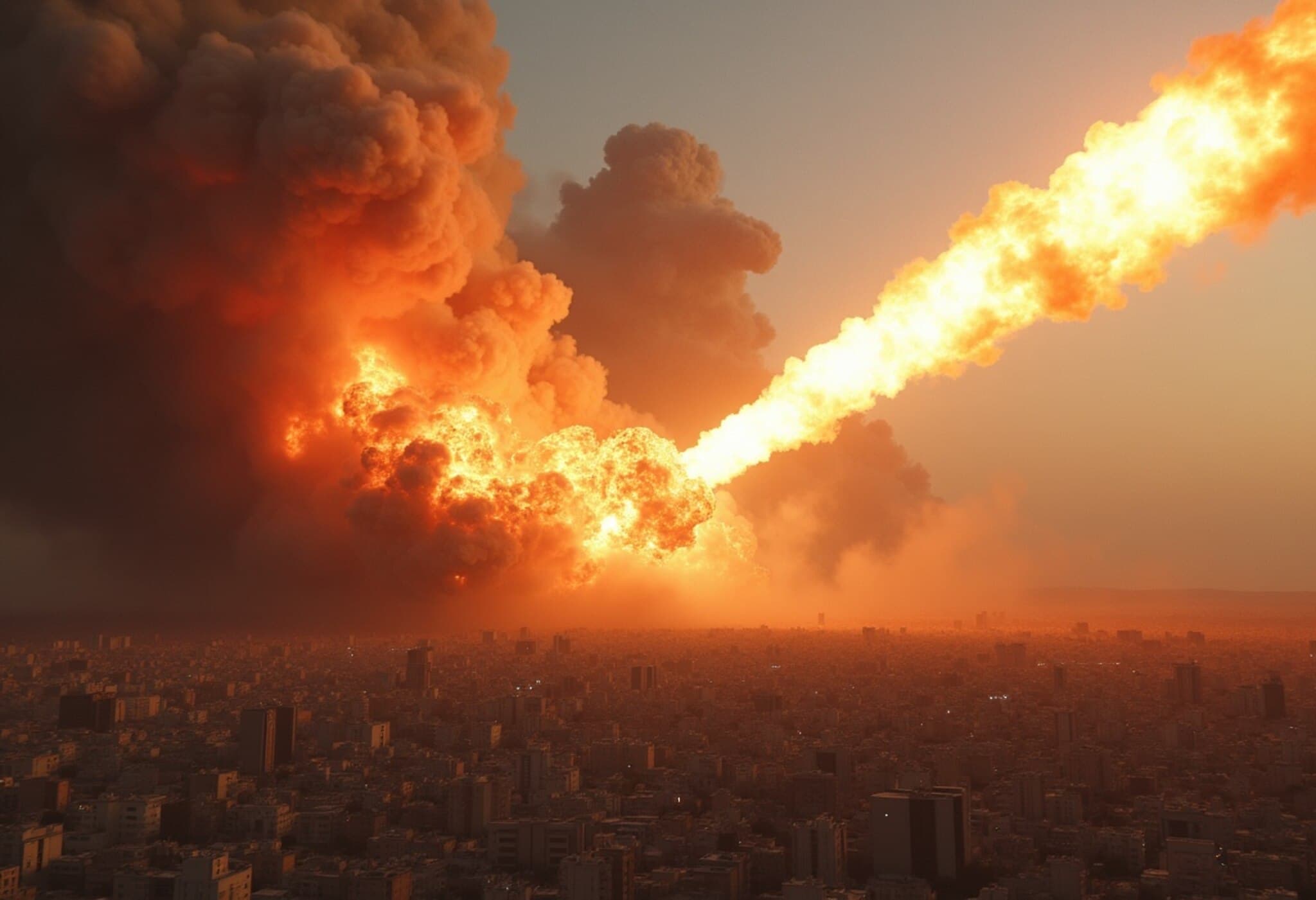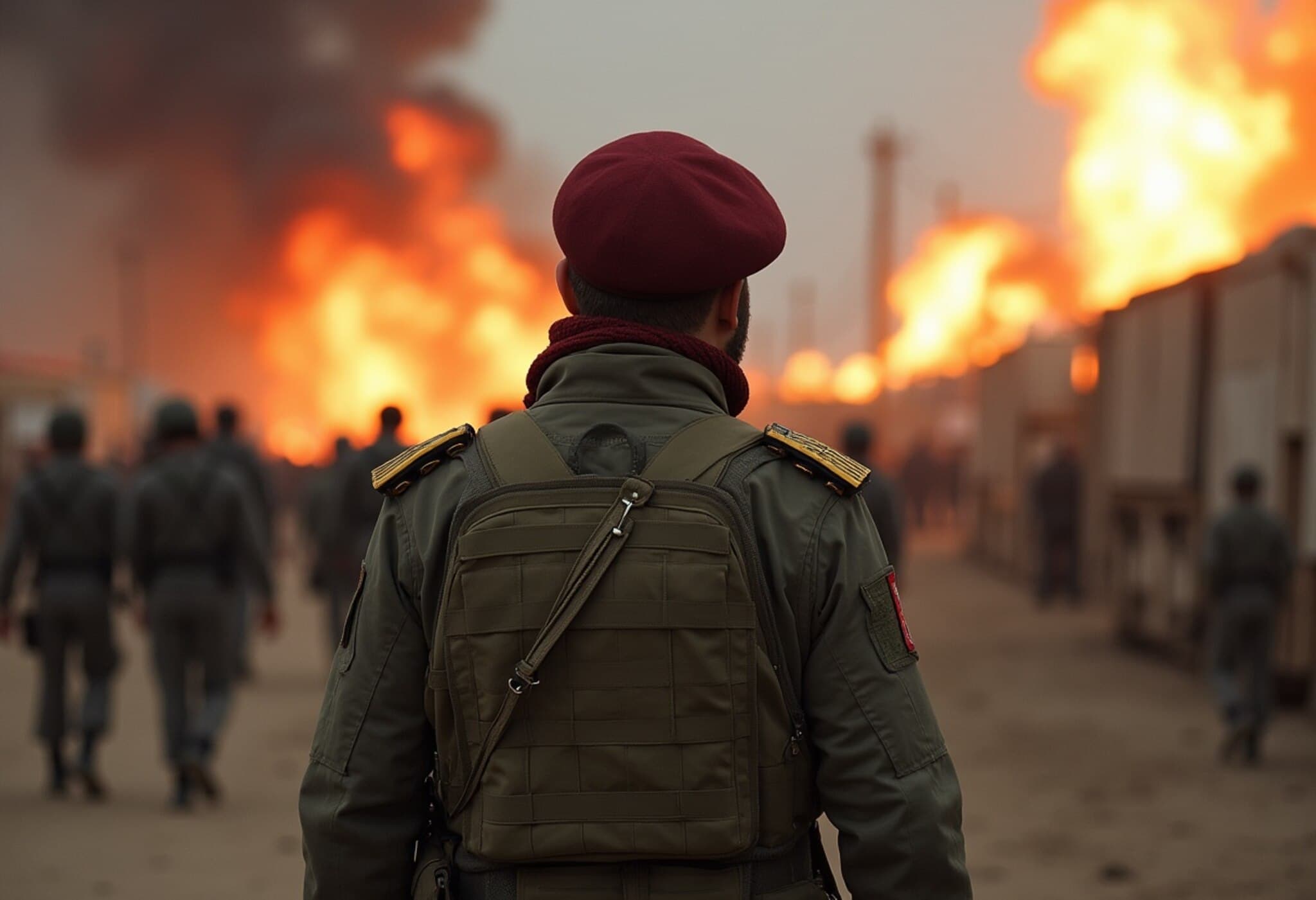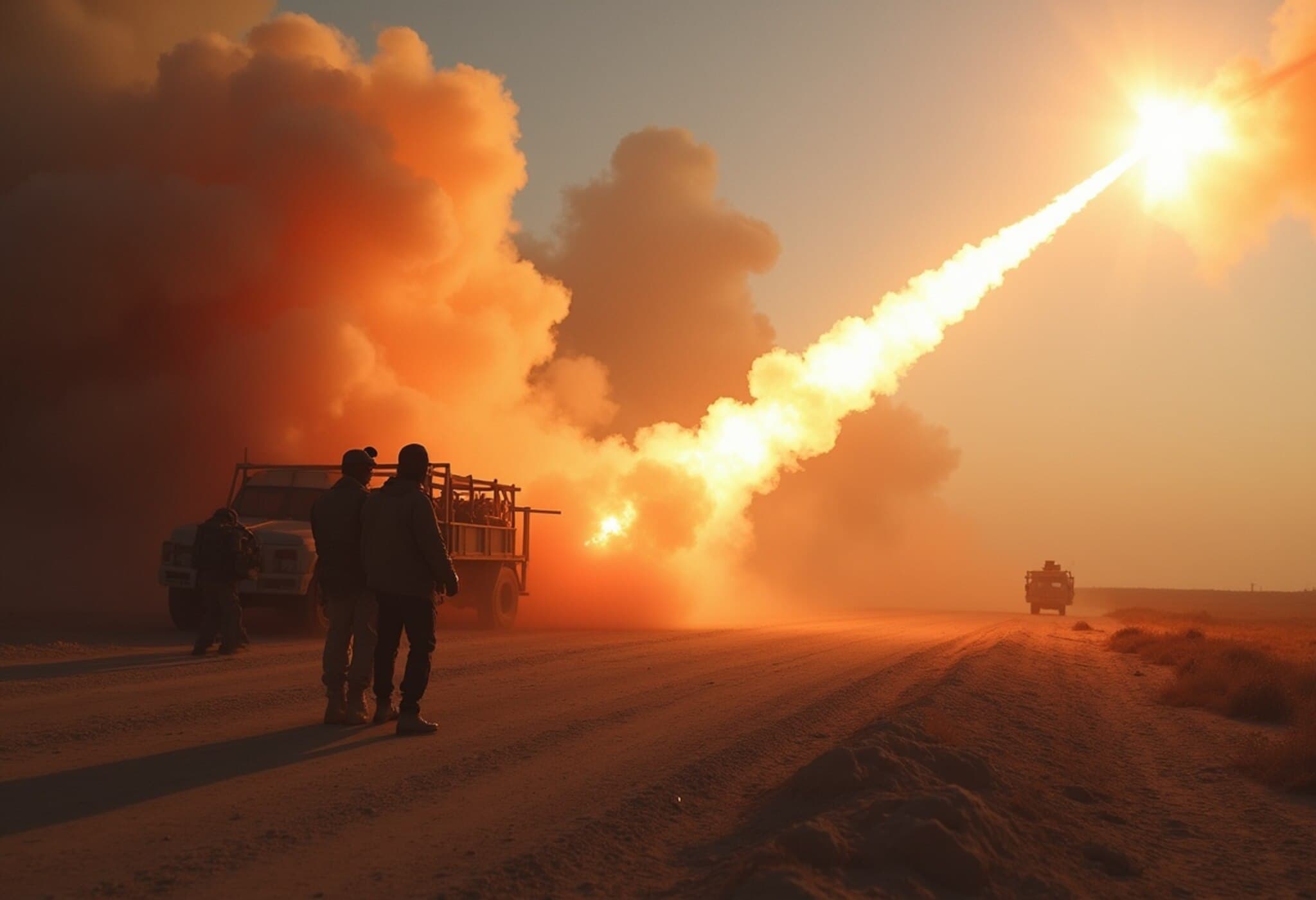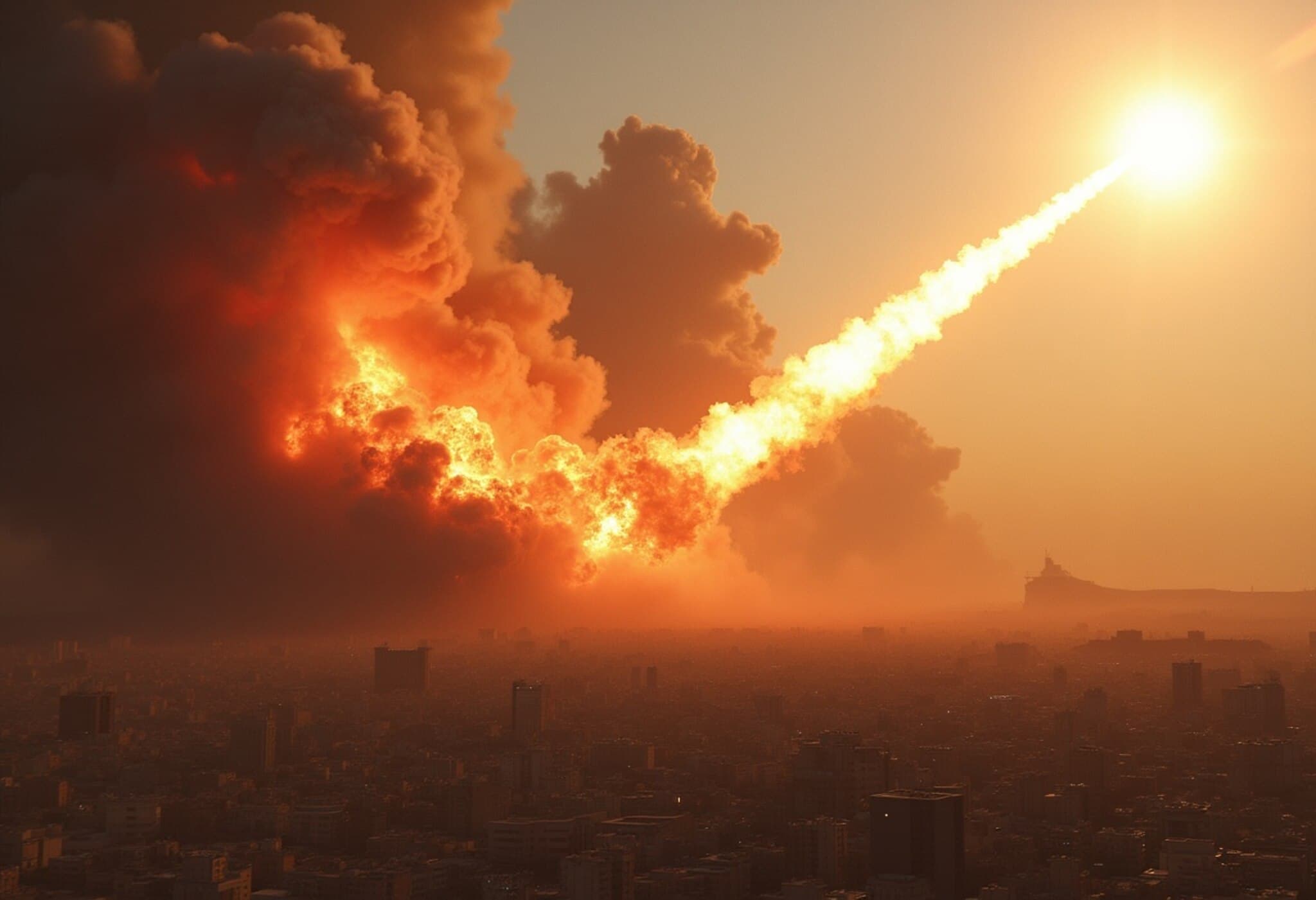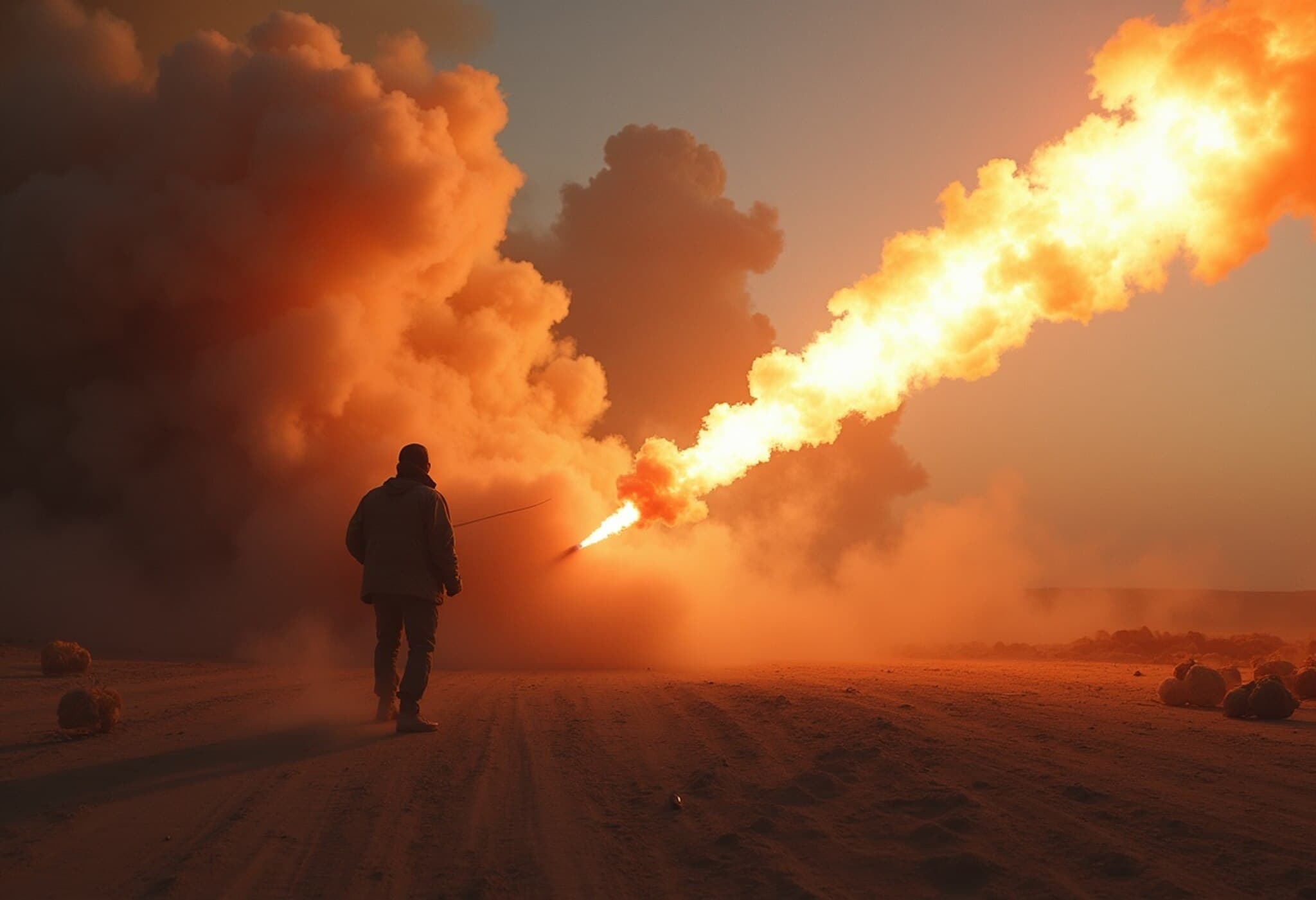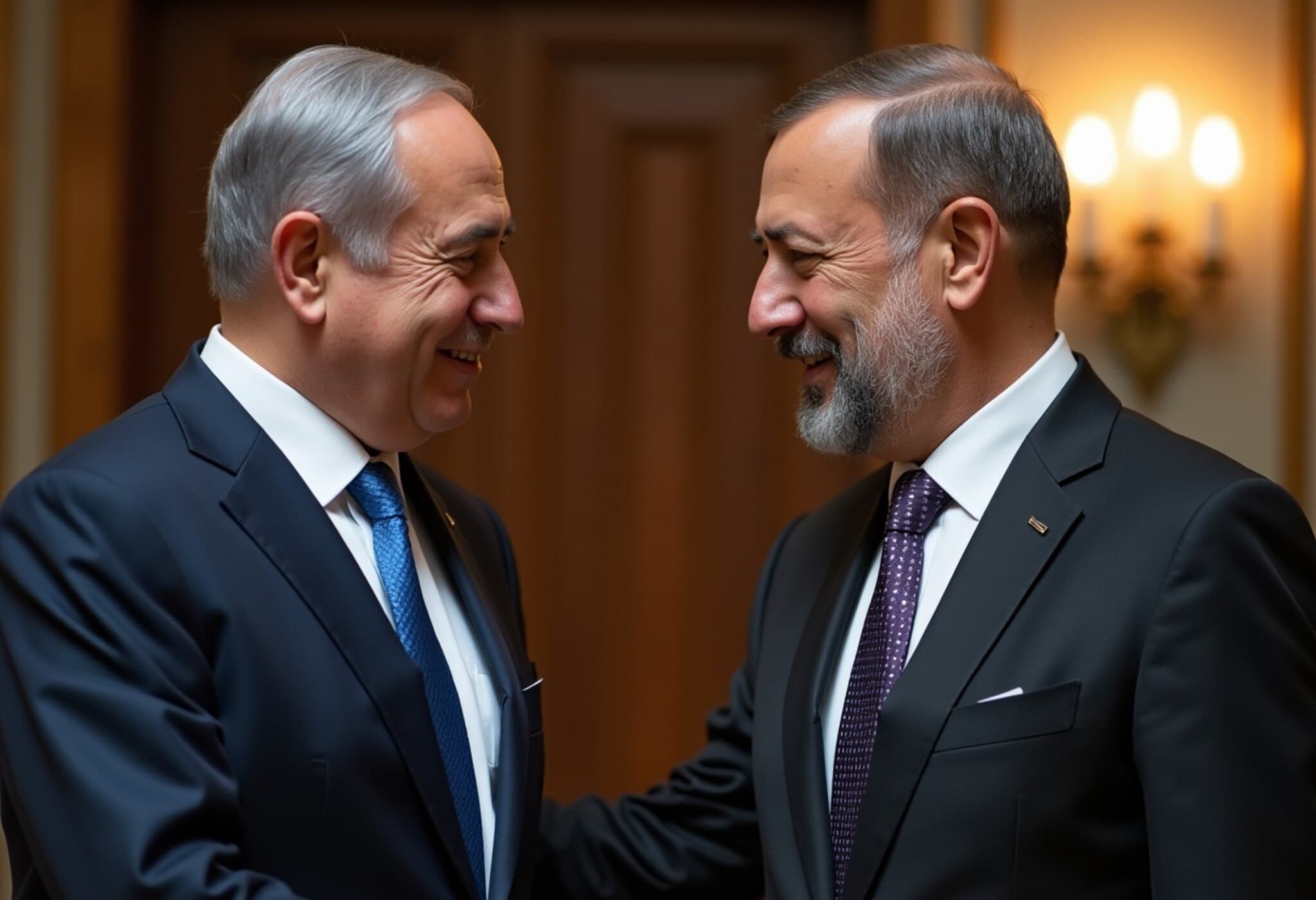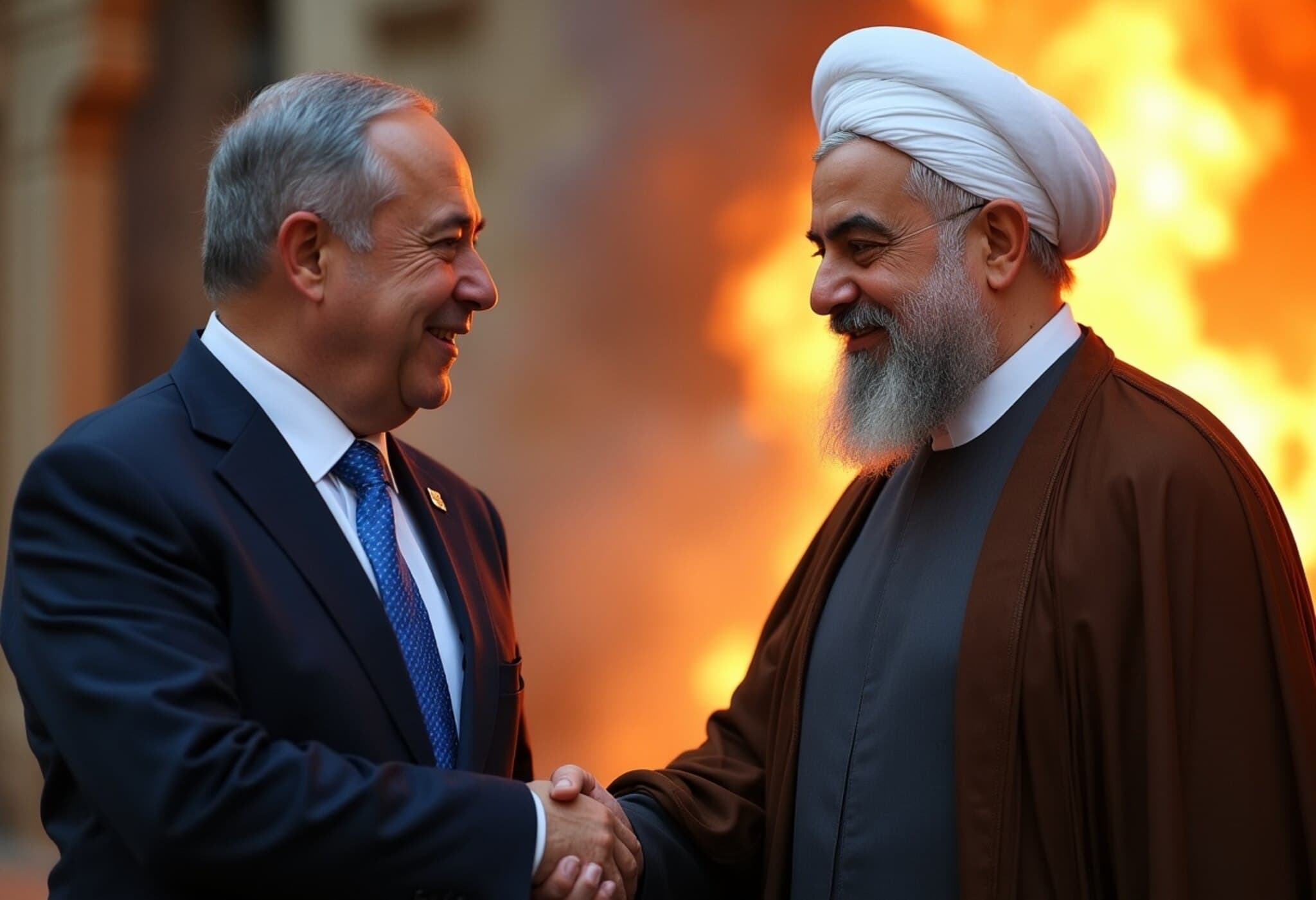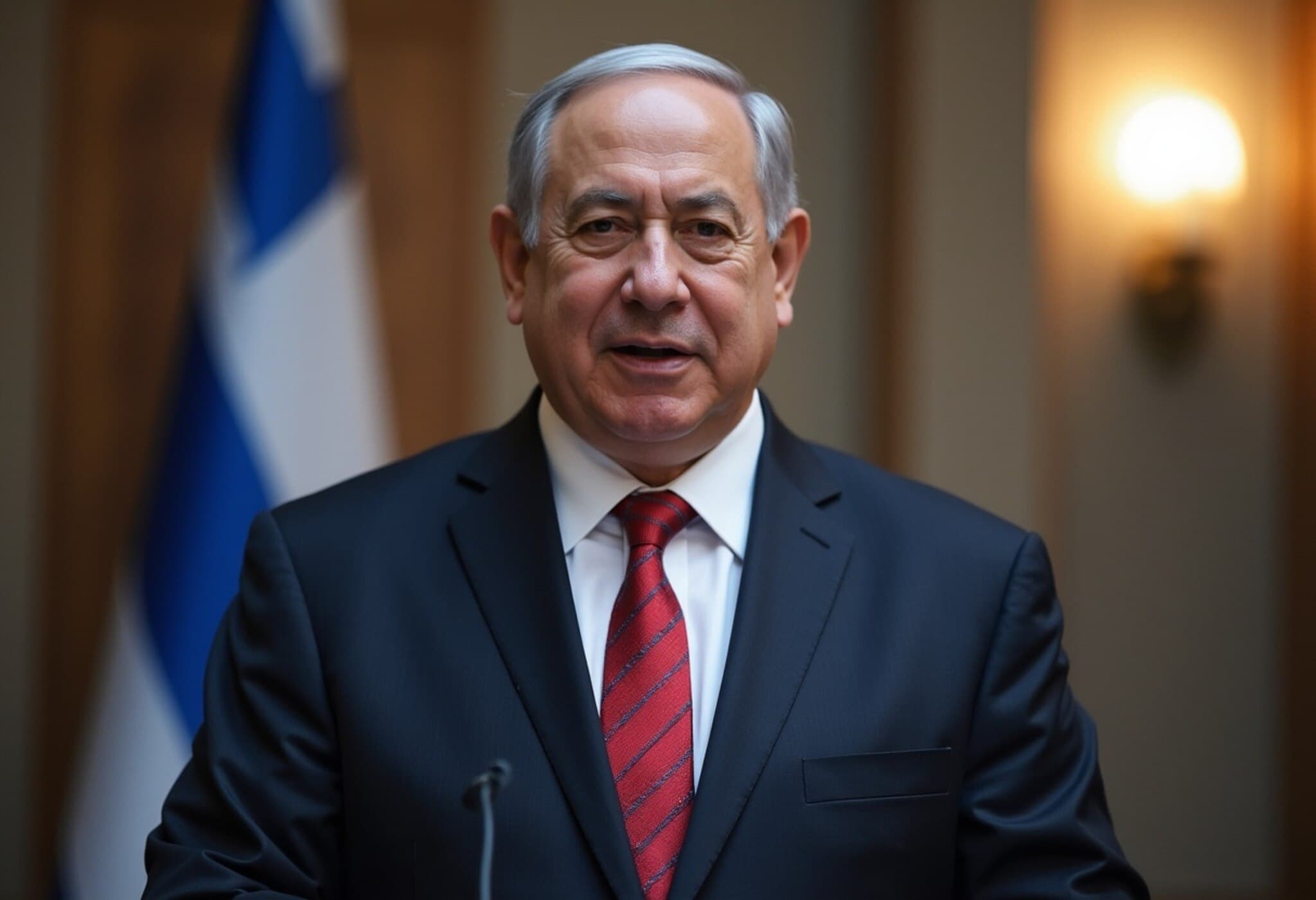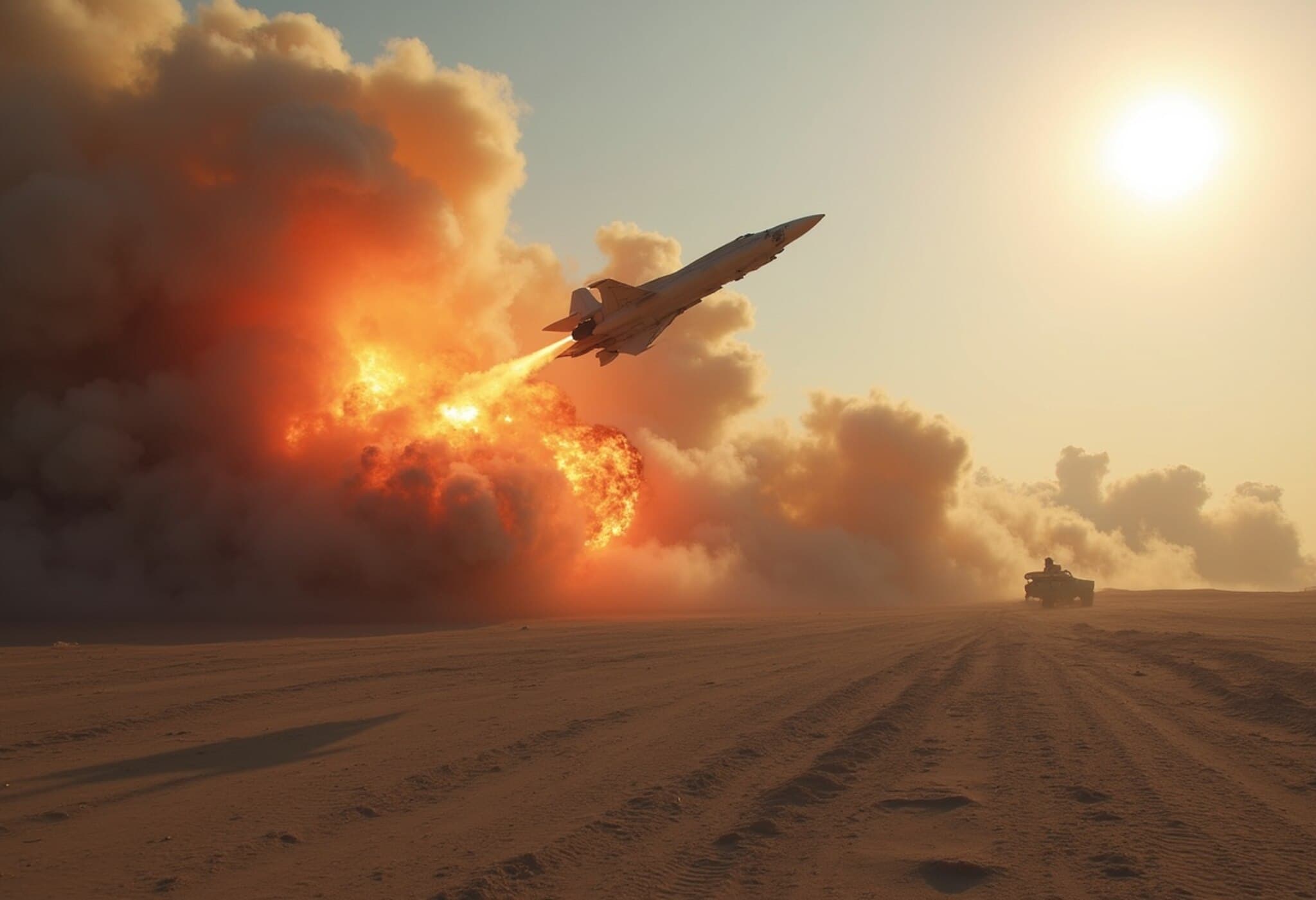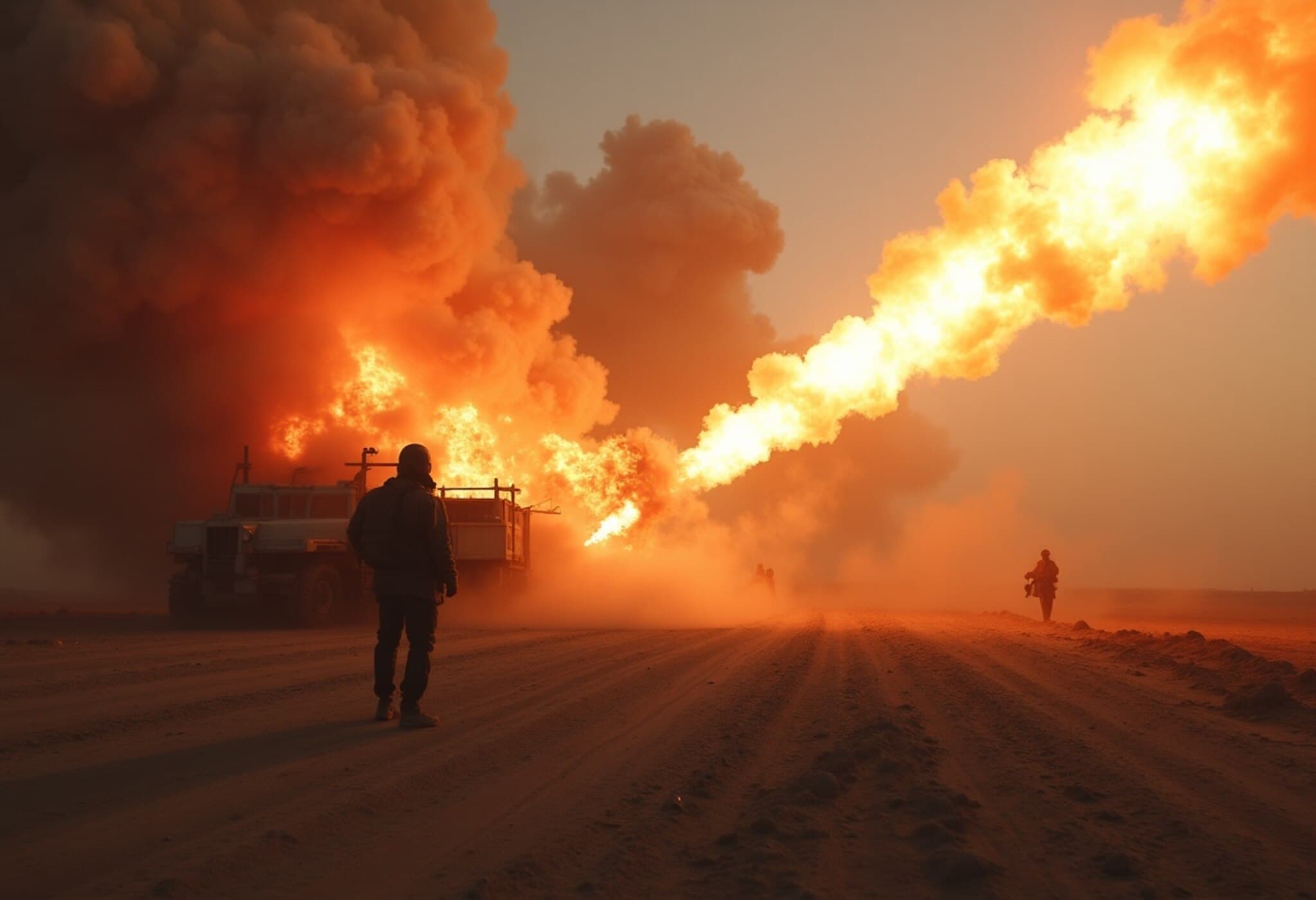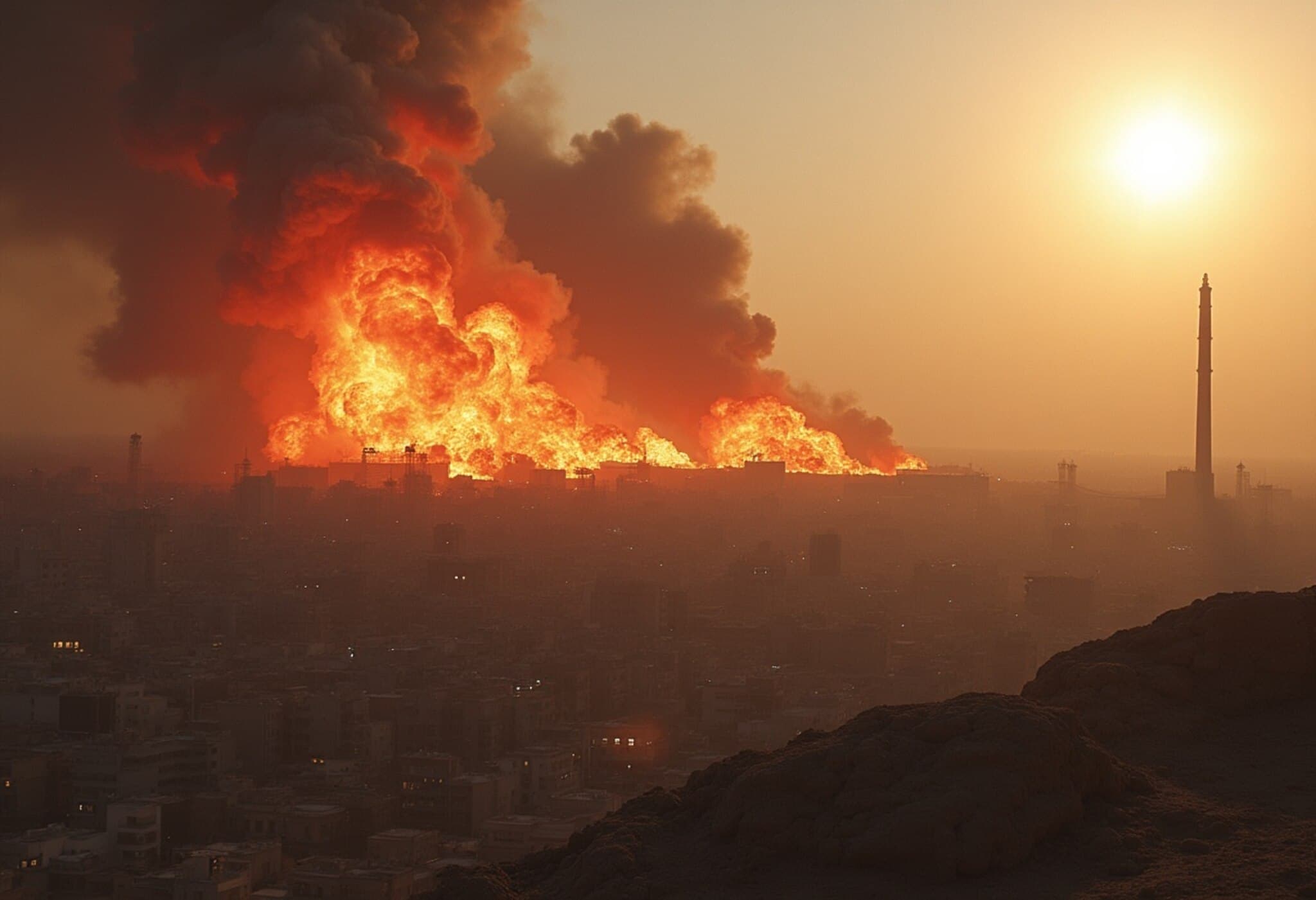A Turning Point: Israel Launches Operation Rising Lion
In a dramatic escalation of longstanding tensions, Israel and Iran have engaged in nearly a week of relentless missile and drone attacks. On June 13, 2025, Israel unveiled "Operation Rising Lion," a targeted military campaign aimed at halting Iran’s advancing nuclear capabilities. Prime Minister Benjamin Netanyahu described this as a “decisive moment in Israel’s history,” vowing to persist with the campaign until the perceived Iranian threat is neutralized.
June 13: A Day of Surprise Airstrikes and Response
Israel caught Iran off guard with airstrikes hitting over 100 strategic targets, including Tehran. These strikes reportedly eliminated at least 20 senior Iranian commanders. Iran’s Supreme Leader responded defiantly, warning that Israel would face severe consequences. In retaliation, Iran unleashed nearly 100 drones targeting Israeli cities, resulting in 13 deaths and 34 injuries.
Intensification Over Next Days
- June 14: Israel expanded its strikes to Iran’s energy infrastructure amid continued Iranian missile salvoes.
- June 15: The third consecutive day of Israeli air raids targeted military and infrastructural sites across Iran, while Iranian ballistic missiles struck Tel Aviv and Haifa, injuring at least 30 people.
Netanyahu Highlights Global Stakes
Prime Minister Netanyahu framed Israel’s actions as not just self-defense but a safeguard for global security against Iran’s nuclear ambitions. He also accused Iran of orchestrating assassination attempts on the US President and himself, emphasizing the high stakes involved.
June 16: Explosions and Strikes in Tel Aviv and Tehran
Powerful explosions rocked Tel Aviv early in the morning, likely from Israel’s missile interception systems countering Iranian missile attacks. Iranian missiles struck residential areas, causing fatalities and damage, including near the American consulate. In retaliation, Israel targeted the command center of Iran’s elite Quds Force and the Iranian broadcasting authority, killing at least three people.
June 17: Leadership Hits and Political Reactions
The Israeli military announced the killing of Ali Shadmani, Iran’s top wartime chief of staff, who had recently taken over after an assassination that Israel allegedly carried out against his predecessor. Meanwhile, former US President Donald Trump called for urgent evacuation in Tehran and criticized Iran’s refusal to halt its nuclear development.
G7 Response and Trump’s G7 Exit
The G7 leaders voiced support for Israel’s right to self-defense, condemning Iran as the main source of regional instability. They also called for broader de-escalation, including a ceasefire in Gaza. Trump, however, abruptly left the summit citing undisclosed reasons and denied claims that he departed to broker peace between Israel and Iran.
June 18: Renewed Calls for Battle and Prospects for Negotiations
Iran’s Supreme Leader issued a clear call for a strong response, declaring no mercy would be shown toward Israel. Later, Trump remarked that Iran had reached out for negotiations but warned it might be too late. He expressed uncertainty about further US military involvement, stating, “I may do it, I may not do it.”
Overview of the Conflict's Impact
- Over 20 senior Iranian commanders reportedly killed by Israeli strikes.
- Iranian drone attacks caused 13 fatalities in Israel, with dozens wounded.
- Missile strikes in Israeli cities resulted in multiple injuries and at least one civilian death.
- Key Iranian military leadership lost amid ongoing targeted strikes.
The Israel-Iran conflict continues to unfold with high stakes for regional and global security. Both nations remain locked in a tense exchange of military actions with international leaders urging caution but backing Israel’s right to defend itself.

